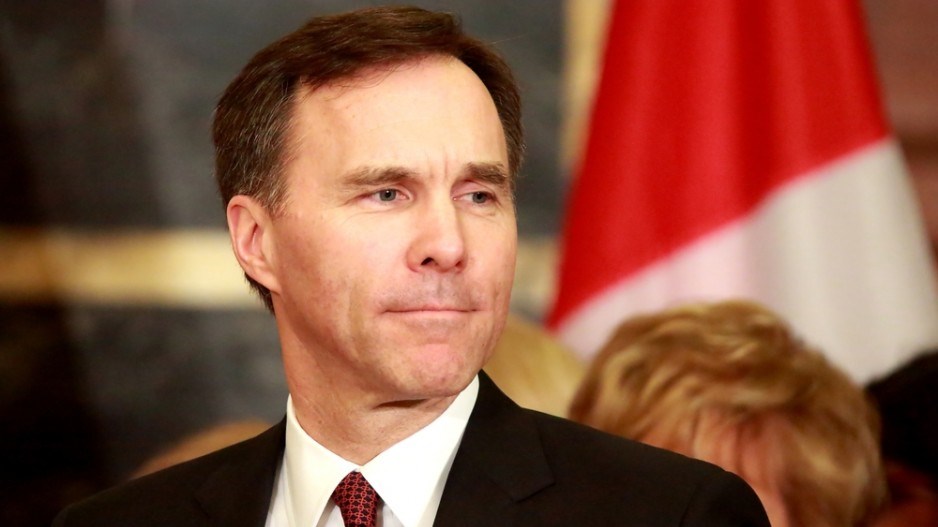Axe proposed small business tax changes, urges the Canadian Standing Senate Committee on National Finance.
After a cross-country consultation with businesses, academics and stakeholders, the committee’s report, published December 13, warns Canadians of the ‘devil in the details,’ and concludes that proposed changes to the Income Tax Act would constrain business growth, add complexity and inevitably lead to litigation.
“Canadians expect a tax system that is fair and equitable. Making sudden changes to the Income Tax Act — in some cases without providing the detail necessary to understand their implications — does not inspire confidence,” stated committee chair Senator Percy Mockler in a release.
“If the government wishes to implement tax reform it must do so carefully, cautiously and with consideration for how it will affect Canadians.”
In July, federal finance minister Bill Morneau unveiled three controversial tax changes that were the subject of widespread criticism from small businesses, investors, boards of trade and other stakeholders. The federal government maintained that changes to how Canadian-controlled private corporations handle income sprinkling, passive investment income and capital gains were meant to close tax regime loopholes and put Canadians on an even playing field.
Critics strongly disagreed.
The senate committee’s report – Fair, Simple and Competitive Taxation: The Way Forward for Canada – documents feedback from 30 public meetings across Canada. This includes defence of the changes, concerns and potential unintended consequences.
The report notes that most witnesses would like the rules around income sprinkling withdrawn, as they fail to recognize the reality of family contributions to business. Many witnesses also concluded that the federal government’s amendment in October to its passive investment income reform – allowing passive income up to a threshold of $50,000 within a corporation – is a step in the right direction. The report highlights, however, that the proposed rules would provide an uneven playing field for Canadian-controlled private corporations competing against public or foreign-controlled entities.
While the report argues that reforms be cancelled, it offers an alternative: delaying their implementation until a comprehensive review can be conducted. Opponents have previously argued the proposed changes lacked stakeholder consultation, and that the public commentary period was too short. To that end, the report warns that the federal government “risks breaking the trust with Canada’s business owners, farmers, and physicians over its proposed changes to the taxation of private corporations.”
The findings will be put to government. Minister Morneau announced Wednesday new rules around income sprinkling in an effort to clarify and simplify the new tax regime.




